The deaf are beginning to annoy me. They seem, paradoxically, more voluble than the blind. Perhaps this is because, understandably, deaf people suspect that their voices are not being heard. Which of course they are not, literally, by other deaf people — and in some cases this must lead to a state of suffocating paranoia.
Anyway, the severely deaf American singer Mandy Harvey has received death threats from some of her country’s deaf community because she, er, sings — i.e., she is promoting a ‘hearing’ activity and is thus guilty of perpetuating something called ‘oralism’. It is always a pleasure to bring you a new ‘ism’ coined by a new tranche of enraged victims. Oralism is the favouring of lip-reading techniques over sign language in the education of deaf people, and a hefty bunch of militant deaf people believe it to be a form of cultural imperialism because, they would assert, signing is every bit as rich as the spoken language.
So they have their victim bunker and they are hunkering down behind it, rather like the militant deaf people who object to people getting cochlear implants because it somehow betrays the cause and removes someone from their pristinely deaf community. Any connivance with the hearing world is a betrayal, be it singing, or indeed being afforded the ability to hear. Anything which helps the deaf better integrate with the rest of us.
This is a militancy which defies rationality, I would suggest. A controversial argument, I know, but I would advance the proposition that it is better to be able to hear than not to be able to hear and that any technique applied to that cause is to be commended, rather than construed (with fury, death threats and bile) as a kind of Uncle Tom-ism, a sop to the oppressive hearing scum who rule the planet. And yet this view of mine is routinely condemned by even averagely militant deaf people, many of whom would deny that being deaf is a disability at all.
Incidentally, I have heard Mandy Harvey sing and her pitch is perfect, exquisite. Even with clever electronic guidance, I don’t know how she manages that: her ability is astonishing. It is horrible to think that even while she is on stage some jihadi of deafness sitting in a dank basement flat and swathed by righteousness is furiously plotting her end, ready to ‘sign’ the equivalent of ‘Allahu Akbar’ as he makes his move.
And yet, in fairness, the militant deaf are only following the template laid down by countless other bastions of real or acquired victimhood. What begins as an admirable and necessary attempt to raise our awareness of iniquity in society almost always ends, somewhere down the line, in a form of lunacy. This is true of feminism, anti-racism, transgenderism, gay rights and especially, perhaps, the disability lobby. It always begins with advocacy groups insisting, almost certainly rightly, that their particular tranche of victims are wrongly discriminated against. But it is in the nature of advocacy groups — and human beings in general — that they cannot simply clap their hands, cheer and close down their organisations when legislative battles establishing equal rights have been nobly won. They carry on and on and on. Whereas once they insisted that iniquities occurred because the victim groups they supported were a small minority, they now expand their remit and argue almost the opposite, almost always to the disservice of the people they were representing in the first place.
So it is, for example, with the disability lobby, who will tell you that one in three British people is ‘disabled’ in some way or another. No they’re not. Not remotely. We may have a touch of sciatica or eyesight which diminishes year on year, but we are not quadriplegic or blind or deaf.
Of course, if you are an advocacy group it is more profitable to be advocating on behalf of 20 million people than two million, and you will catch the ear of the government rather more easily. Gay lobby groups regularly inform us that one in three, or one in five, or (at the lower end) one in ten of us is homosexual. An attempt to show that homosexuality is not a deviation from the norm, but actually part of the norm. Nope: the official figures suggest that 2 per cent, at most, of the population is gay: all TV weathermen, 40 per cent of actors and some rugby union players. That’s about it.
And then comes the next stage of the advocacy paradigm. It is no longer enough to insist that your previously beleaguered client group is equal to the rest of the population — now it is imperative to assert they are superior, and that the majority population should recognise this fact. So it is with those who argue that it is better not to hear, that sign language is superior to that awful thing, oralism.
In pursuing an anti-racist agenda, campaigners end up arguing (as they have done with Black Lives Matter) that white people should give up their houses so that black people can move into them. That being white confers what they refer to as ‘privilege’ — but what they mean is a definitively lower state of being, a kind of parasite, someone to be discriminated against. And too often our rulers are so terrified of causing offence — through the micro-aggression of not clamping down harder on the oppressor — that they give in.
So perhaps it is a little harsh to single out those militants within the deaf community for special opprobrium: they are only following the trail left by every other advocacy group. And an apology — I suggested earlier that it was better to be able to hear than not be able to hear. I still think this is true in almost all cases. But not when Tina Brown’s incalculably boring, self-regarding diaries are being serialised by BBC Radio 4. Then, I grant you, it’s better to be deaf.
Got something to add? Join the discussion and comment below.
Get 10 issues for just $10
Subscribe to The Spectator Australia today for the next 10 magazine issues, plus full online access, for just $10.
You might disagree with half of it, but you’ll enjoy reading all of it. Try your first month for free, then just $2 a week for the remainder of your first year.



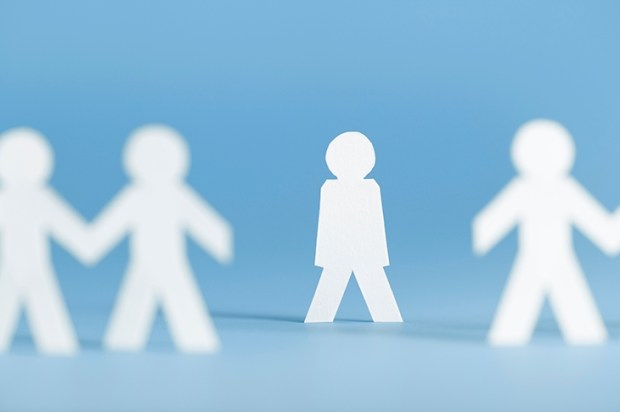
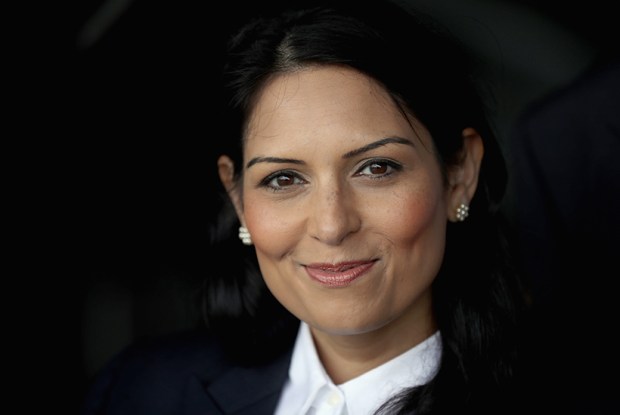
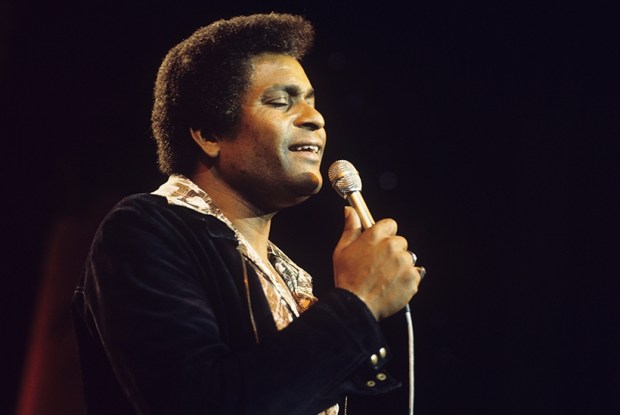
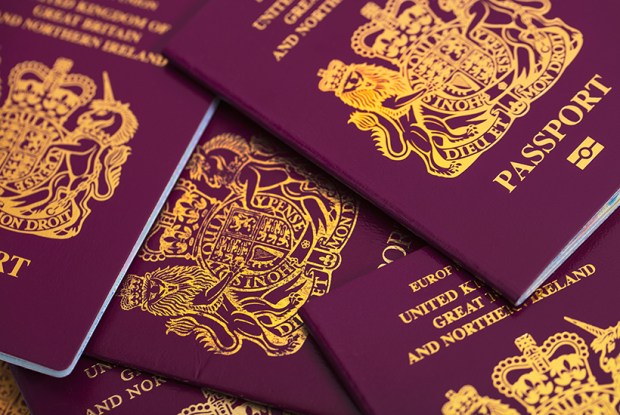
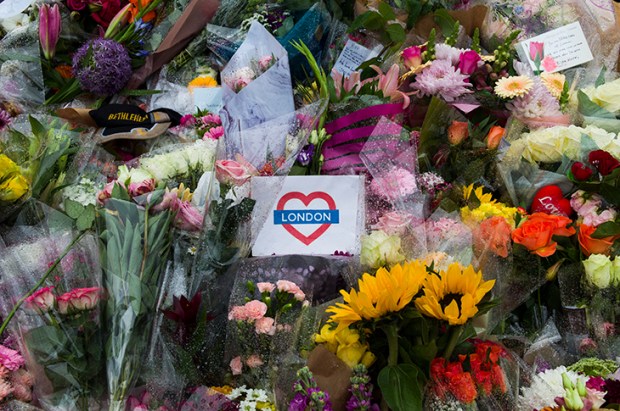







Comments
Don't miss out
Join the conversation with other Spectator Australia readers. Subscribe to leave a comment.
SUBSCRIBEAlready a subscriber? Log in